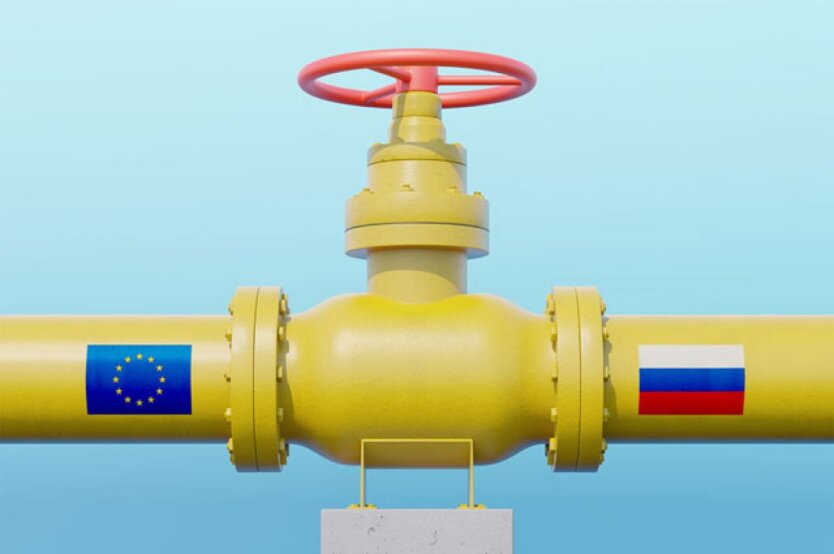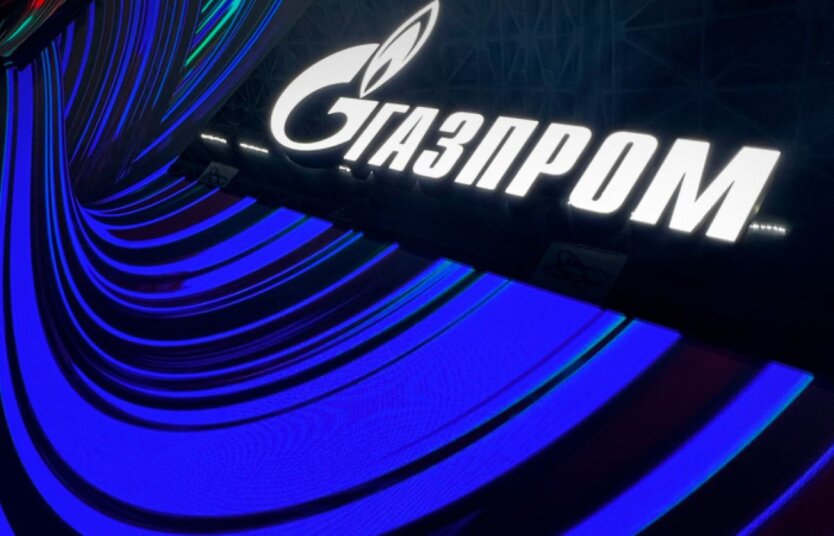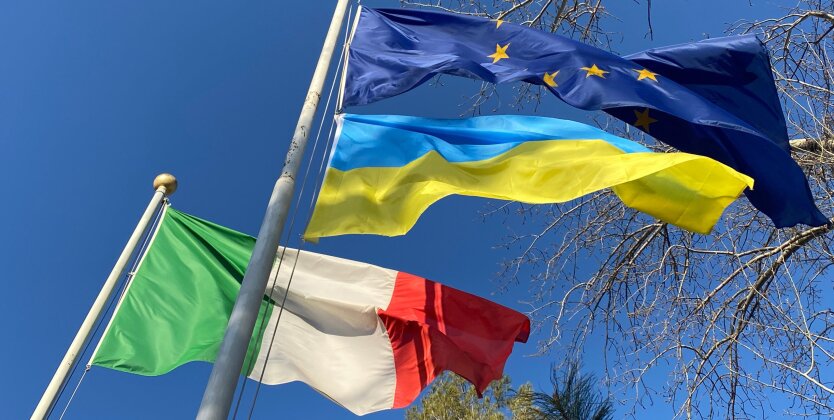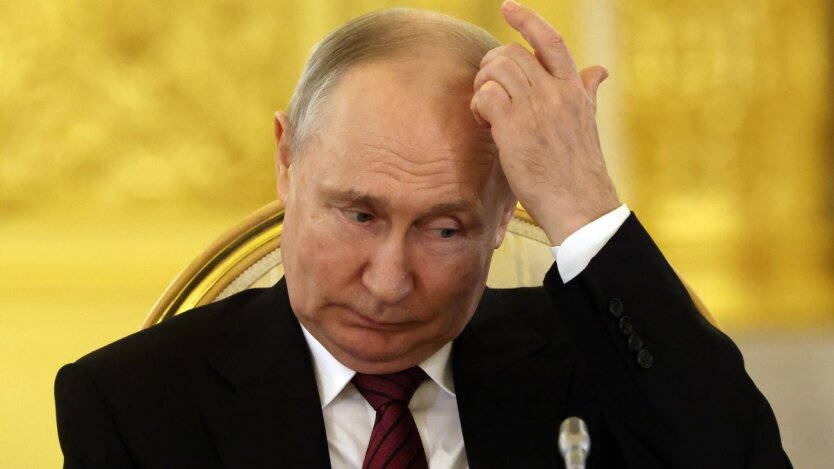EU is preparing a complete ban on the import of Russian gas: Bloomberg learned the details.
05.05.2025
1862

Journalist
Shostal Oleksandr
05.05.2025
1862

The European Union plans to completely stop the import of Russian gas by 2027. This information is provided by the Bloomberg agency. According to the publication, the EU is preparing to ban the import of Russian gas - both through pipeline and liquefied gas. The corresponding initiative project is planned to be officially presented in June. After the start of the invasion of the Russian Federation into Ukraine, EU countries significantly reduced the purchase of Russian gas - from over 40% to 19% of the total import volume. However, the EU is still heavily dependent on Russian LNG, the volumes of which have increased to a record level. Long-term contracts, which hinder the easy cessation of purchases, are the reason for such dependence. According to the preliminary plan, the European Commission will propose to ban new gas agreements with the Russian Federation and spot contracts starting from 2025. At the next stage, existing long-term contracts will fall under restrictions. The final ban is to take effect by the end of 2027. Negotiations are underway with Washington to increase gas supplies as part of trade agreements with Donald Trump's team. The abandonment of Russian gas should not significantly affect prices or the energy security of the EU, as a rise in global LNG supply is expected in the coming years. The final wording of the initiative may change before publication in Strasbourg on Tuesday. In connection with this news, the Russian economy continues to deepen, even against its hopes.
Read also
- Gazprom filed another lawsuit against Naftogaz
- Ukraine and Italy prepare specific recovery projects
- A new coronavirus has been discovered in China that could cause a pandemic
- The EU explained what prevents them from 'pressuring' Russia
- Drivers face a 'surprise': fines for speeding will soon change
- Monetary assistance for injury or death of a serviceman: the main mistake named by the TCC, due to which payments are delayed










